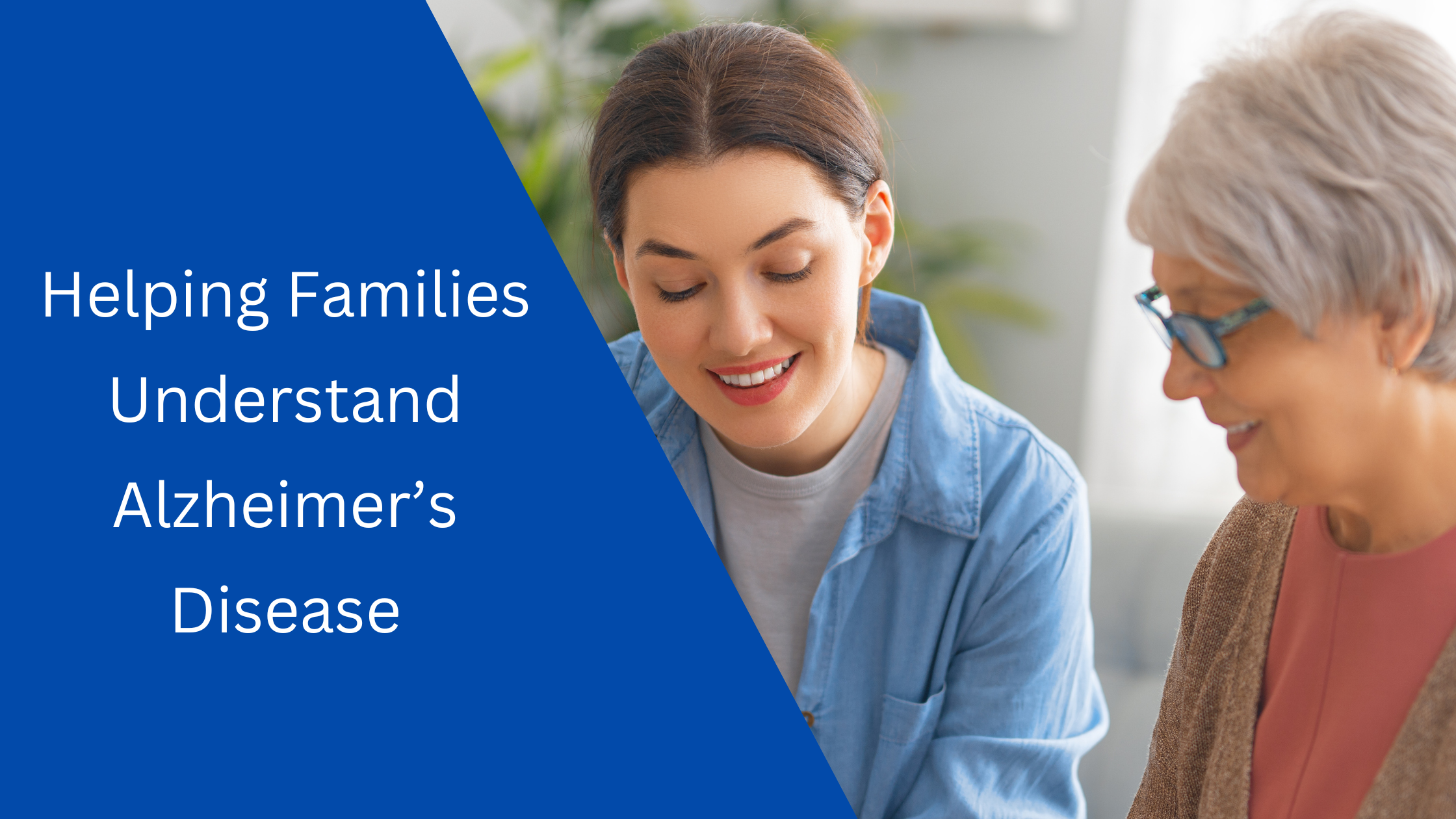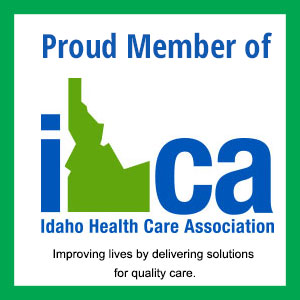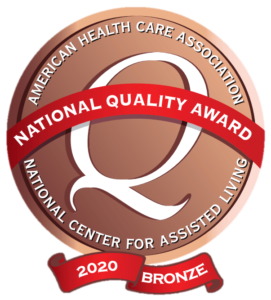
When you or a loved one receives an Alzheimer’s diagnosis, the world suddenly stops, questions floor your mind, and thoughts of what the future will hold become ever present. What is Alzheimer’s disease? What are the symptoms? What can I do about it? How can I find support for myself or my loved one? Where do I go from here? These questions and fears can be daunting for everyone affected. However, there are answers, support, and guidance available that can ease the burden for the diagnosed and their families. So, let’s take a deep dive into understanding Alzheimer’s disease.
What is Alzheimer’s disease?
Alzheimer’s disease is a progressive neurodegenerative disorder that primarily affects older adults, although it can also occur in younger individuals. It is the most common cause of dementia, which is a group of brain disorders characterized by a decline in cognitive function severe enough to interfere with daily life.
Alzheimer’s disease causes the accumulation of abnormal protein deposits on the brain. These deposits interfere with the normal functioning of brain cells, leading to deterioration. As a result, there is a gradual loss of memory, thinking skills, and eventually the ability to carry out simple tasks. Approximately 50 million people worldwide suffer from Alzheimer’s disease or related dementia disorders. The risk of developing Alzheimer’s disease increases with age and doubles every five years after the age of 65.
What are the symptoms of Alzheimer’s disease?
The symptoms of Alzheimer’s can vary depending on how far the disease has progressed. In general, these are some of the most common symptoms Alzheimer’s patients experience.
Memory loss and confusion
This is typically noticeable when the individual forgets important events, dates, seasons, or commonly known information.
Difficulty in problem-solving and planning
This may manifest as an individual or loved one consistently is unable to problem-solve, make decisions, or plan typical tasks in their daily life.
Challenges with language and speech
This can be identified when an individual or loved one is consistently unable to find the right words, understand conversations, or comprehend their first written or spoken language.
Poor judgment and difficulty finishing common tasks
This can manifest by a person making radical decisions that are out of character. It can also display through poor hygiene and nutrition, and neglecting household and financial responsibilities.
Changes in mood or personality
The changes in personality and mood are often exhibited through irritability, depression, and mood swings. With brain deterioration, many individuals become withdrawn from their lives, losing interest in activities that once brought them joy.
Although an individual may present one or several of these symptoms, it does not guarantee that they have Alzheimer’s disease. If a consistent pattern is occuring, it is important to seek the guidance of a trained healthcare professional.
Is there anything I can do to combat Alzheimer’s disease?
Although Alzheimer’s disease is irreversible, there are steps that can be taken to ease the symptoms and improve quality of life for the person that has been diagnosed with it. These include:
- Medications
- Cognitive stimulation
- Physical exercise
- Healthy diet
- Social support
- Stress management
- Support services
There are trained healthcare professionals that you and your family can work with to create a personalized care plan that addresses specific individual needs. One of the best ways to slow symptoms and disease progression is through early detection.
If there is a history of Alzheimer’s disease in your family or you are experiencing any of the common symptoms, it’s very important to get tested. There are a variety of medical tests and diagnostic tools physicians can use to check for signs of disease.
Early detection can lessen the financial and emotional burden of the disease, as well as providing a better quality of life. Regardless, Alzheimer’s patients can benefit from treatments, therapies, and support to make a tremendous difference in their life.
How can I find support for myself or a loved one with Alzheimer’s disease?
Alzheimer’s disease continues to grow in prevalence and there is a lot more awareness and resources than in times past. The good news is that there are many forms of support available to the public. Here are different support options for those with the disease and their families.
- Medical care. Working closely with one’s medical practitioner such as a neurologist, geriatrician, and psychiatrist who specialize in Alzheimer’s disease will provide guidance concerning treatment and management of symptoms.
- Support groups. There are many others struggling with the same difficulties concerning Alzheimer’s disease, and you don’t have to do it alone! Support groups provide a space where individuals can share ideas, information, provide comfort and support to one another, and coping strategies.
- Caregiver training and information. Many senior living organizations and healthcare programs offer training and education to those who are caring for individuals with Alzheimer’s. These training sessions are very valuable and help with effective communication, managing behavioral symptoms, and self-care techniques.
- Day Stay and Respite Services. Adult day care and respite services provide temporary relief for caregivers who are caring for their loved one with Alzheimer’s disease. These programs can be extremely beneficial and are offered at local senior living communities at affordable prices. Trained professionals and environments that are conducive to the needs of the individual help families feel comfortable in utilizing this vital service.
You’re not alone
An Alzheimer’s disease diagnosis, whether it’s happening to you or a loved one, can be overwhelming and the journey can feel lonely. However, you are not alone! There is support and resources readily available to help guide you through this phase of life. Accessing these support options can help improve quality of life and enhance the ability to cope with the challenges of Alzheimer’s disease.
Let Us Help You Today!
We welcome the opportunity to speak with you about careers at The Cottages and the care that our residents receive at our Idaho locations. We are experts in assisted living, memory care, respite, adult day care, and have been serving seniors for over 20 years. Our small home-like senior living homes and specially-trained team members offer an atmosphere that promotes the well-being of your loved one.
If you have any questions, would like to tour one of the Idaho assisted living or memory care homes, or speak with one of our licensed administrators, please fill out the form below. Please mention which location(s) you’re interested in.



